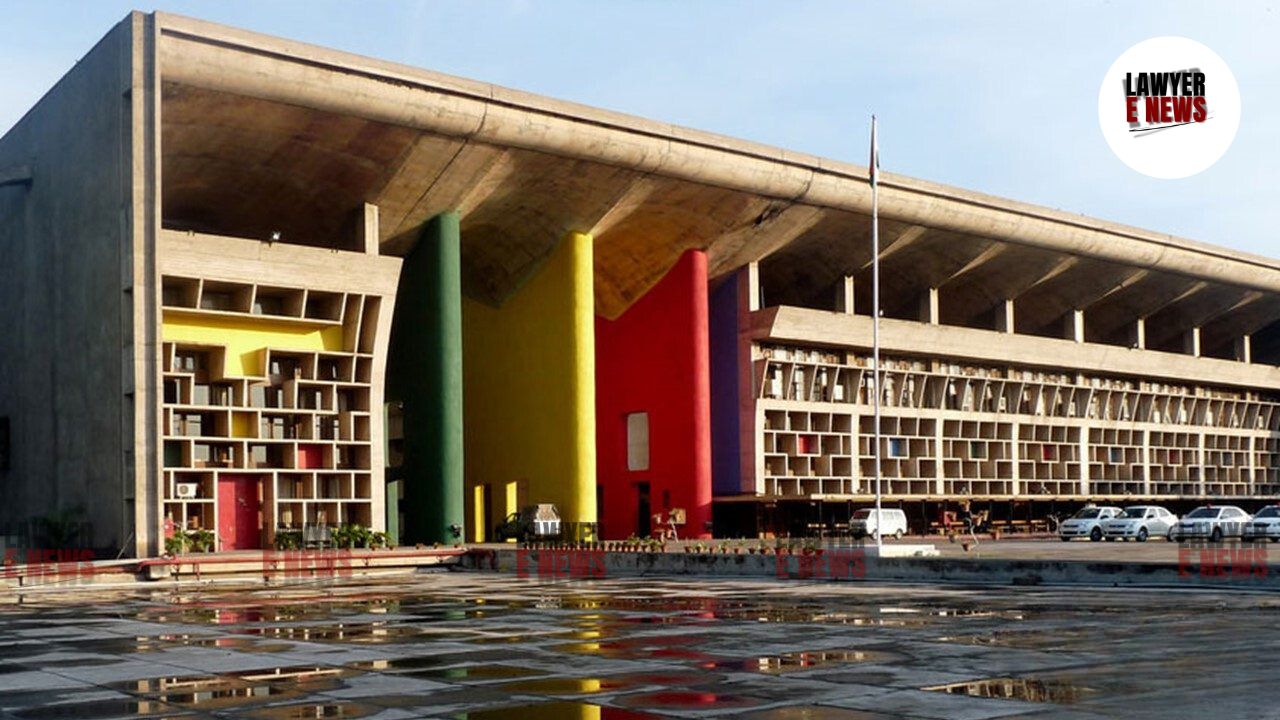-
by Admin
15 February 2026 5:35 AM



Punjab and Haryana High Court invalidated the recruitment process for 1091 Assistant Professors and 67 Librarians in Punjab government colleges. The court ruled that the state government's decision to change the selection criteria midway through the recruitment violated constitutional principles of fairness and natural justice. The judgment has significant implications for public employment processes in the state.
The dispute began with the Punjab government's recruitment drive launched in October 2021, to fill the posts of Assistant Professors and Librarians in various government-run colleges. Instead of conducting the recruitment through the Punjab Public Service Commission (PPSC), the state entrusted two universities—Guru Nanak Dev University (GNDU) and Punjabi University—to handle the process. On October 18, 2021, a memo was issued stating that the selection would be based on a written test, with part-time, contractual, and guest faculty eligible for five extra marks based on years of service, up to a maximum of five marks.
However, after the written tests were conducted in November 2021, the state government issued a corrigendum on December 18, 2021, removing the weightage for experience, meaning the final selection would be based solely on written test scores. This alteration triggered legal challenges from affected candidates, especially part-time and contractual teachers, who argued that the change was unfair and violated the established recruitment process.
Procedural fairness: They contended that changing the selection process after the tests violated established legal principles. They argued that candidates had a legitimate expectation that the rules set out before the exams would remain unchanged.
Jurisdiction of the PPSC: The petitioners questioned whether the state government had the authority to bypass the PPSC, which is the constitutional body for public service recruitments in Punjab.
Application of UGC Regulations: Another key issue was the applicability of University Grants Commission (UGC) Regulations, particularly regarding qualifications and selection criteria for academic staff.
The respondents, including the State of Punjab, argued that they had the right to make such changes and that the revised criteria were in the public interest. They also defended the exclusion of the PPSC, citing the state’s prerogative to assign recruitment to other bodies.
The Punjab and Haryana High Court, presided by Justice Sureshwar Thakur and Justice Sudeepthi Sharma, found the state government’s actions to be unconstitutional and procedurally flawed. The court criticized the abrupt removal of experience-based weightage after the selection process had already commenced. It observed that this amounted to changing the rules of the game mid-process, which is legally impermissible.
The corrigendum dated December 18, 2021, withdrawing the experience-based marks, was quashed as it unfairly penalized candidates who had relied on the initial criteria.
The entire recruitment process, including the results and appointments made, was set aside.
The PPSC should have been involved in the recruitment, given its mandate to oversee public service appointments in the state.
The UGC regulations for academic appointments should be adhered to, and the state’s failure to apply these norms was a violation.
The court specifically pointed to issues like irregularities in record-keeping, missing documents, and overwritten notations in the decision-making process, which further undermined the integrity of the recruitment. The court noted:
"The entire exercise has been done just as a camouflage for lending credence to the Department's actions… some original papers are not available, and only photocopies were made part of the decision-making process."
It emphasized that allowing such a recruitment process to stand would be a travesty of justice.
The High Court directed the State of Punjab to restart the recruitment process for Assistant Professors and Librarians, ensuring full compliance with UGC regulations and the principles of fairness and transparency. The government was also instructed to refrain from altering selection criteria mid-process in future recruitment efforts. All appointments made under the quashed process were nullified, impacting over 600 candidates who had already been appointed.
The decision marks a significant precedent for public recruitment in the state, reinforcing the requirement for adherence to constitutional and statutory norms.
Date of Decision: September 23, 2024
Jagjeet Singh & Others vs. State of Punjab.
